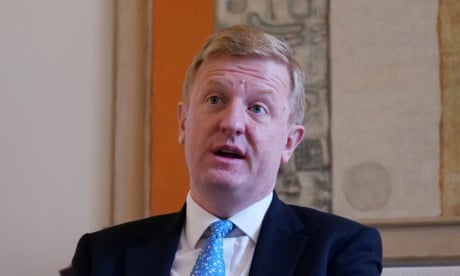The deputy prime minister is expected to blame Beijing for the hack and announce new sanctions against Chinese officials
David Cameron, the foreign secretary, is addressing Tory MPs at a private meeting of the 1922 Committee this afternoon. Because he is a member of the House of Lords, there is no mechanism for the Commons as a whole to question him and, despite the Commons procedure committee publishing a report in January recommending a solution to this problem, the government has given no indication that it intends to accept this proposal.
Layla Moran, the Liberal Democrats’ foreign affairs spokesperson, said it was “outrageous” that Cameron was able to avoid scrutiny from MPs in this way. In a statement she said:
When we’re facing such serious national security threats, it is outrageous that only Conservative backbenchers will hear from the foreign secretary and have the chance to question him, not all MPs.
MPs have been calling for David Cameron to answer questions in the House of Commons. With serious concerns about the threat to our democracy from the Chinese government, the foreign secretary must make that happen as a matter of urgency.
How serious is the hack on the Electoral Commission website, since the electoral register is publicly available? If those who have their addresses left off the public register have had their details accessed that is different. Do you know the details?
We know it can be troubling to hear that your data may have been accessed. We regret that sufficient protections were not in place to prevent this cyber-attack and apologise to those affected.
The data contained in the electoral registers is limited, and much of it is already in the public domain. According to the risk assessment used by the Information Commissioner’s Office to assess the harm of data breaches, the personal data held on electoral registers, typically name and address, does not in itself present a high risk to individuals.

